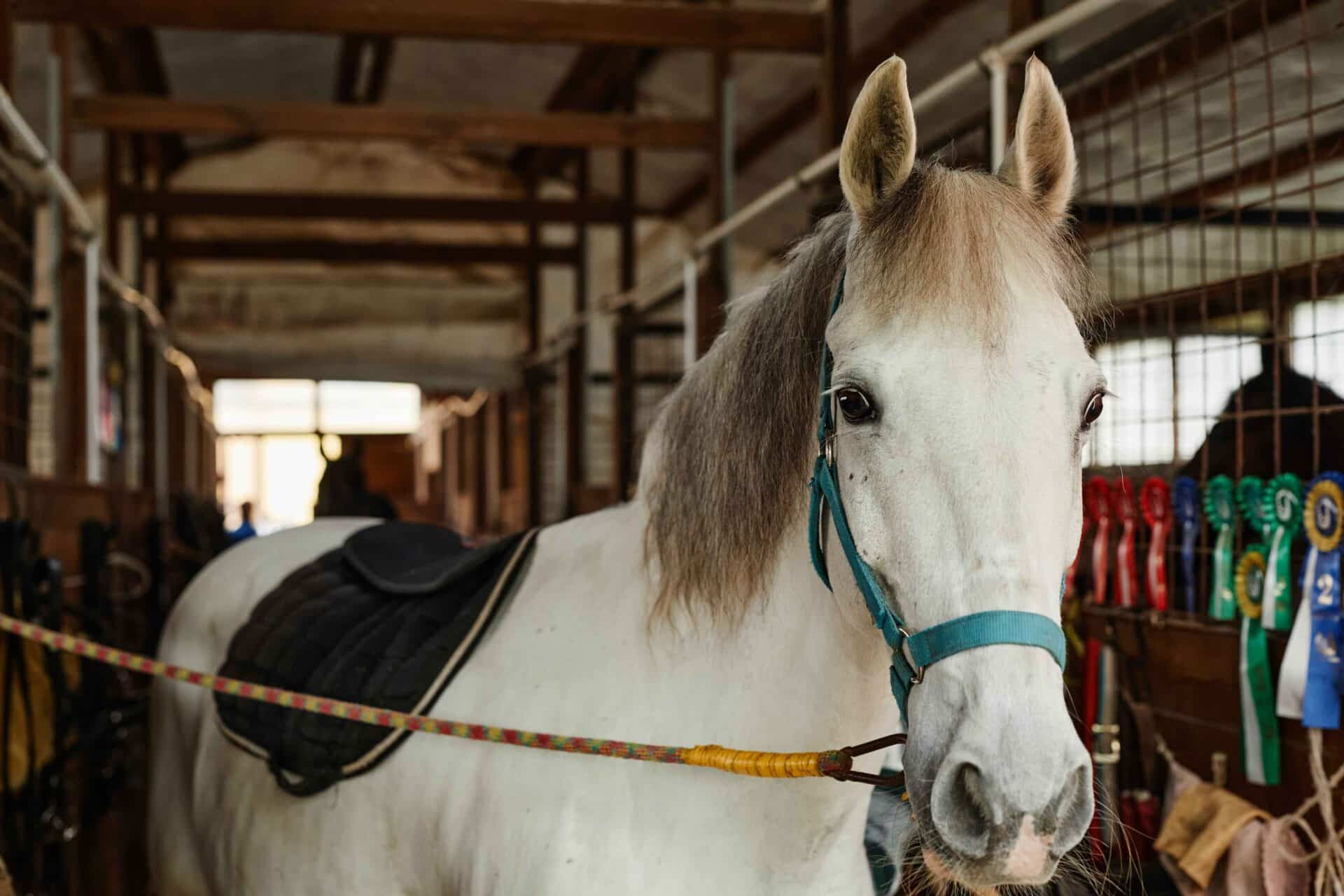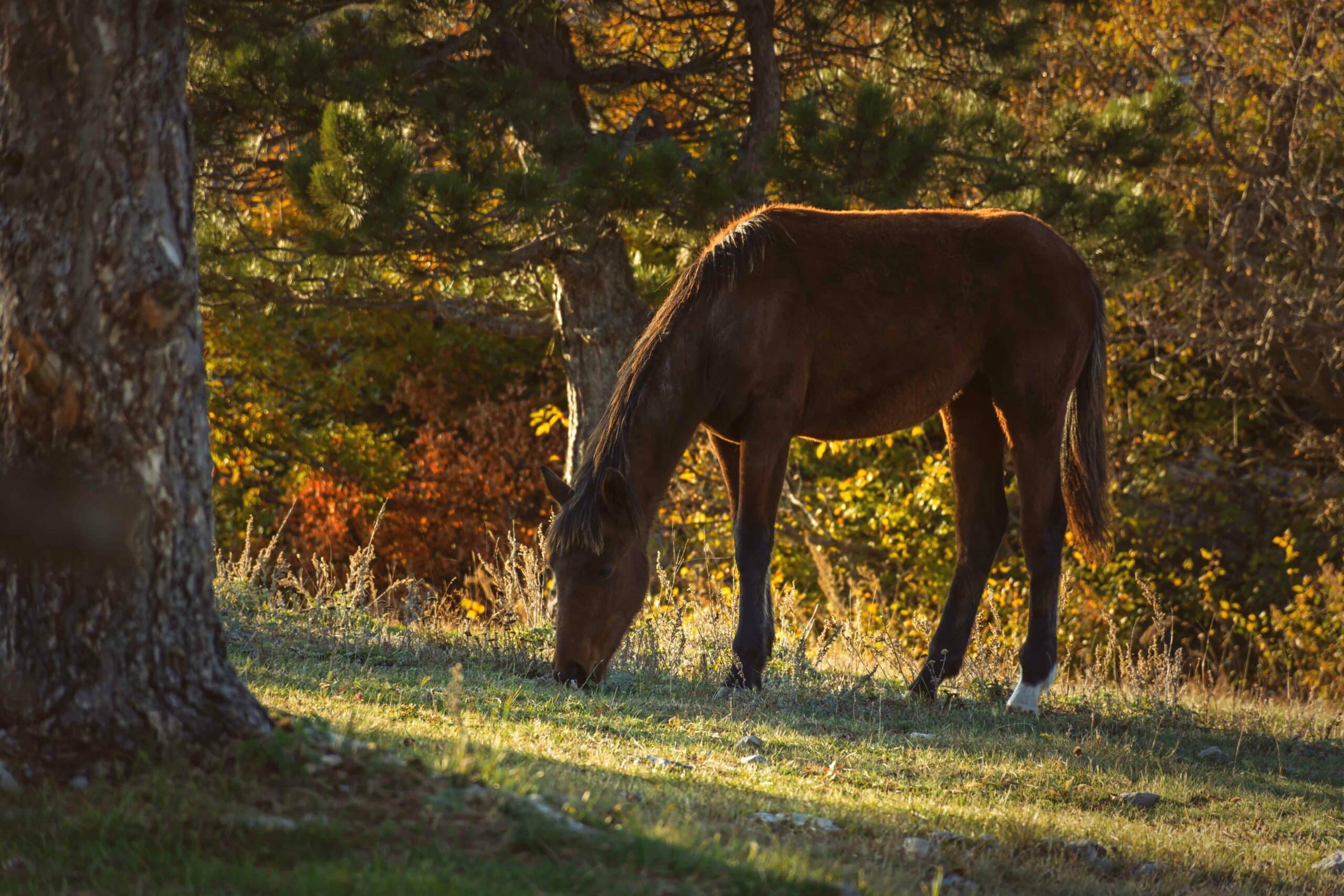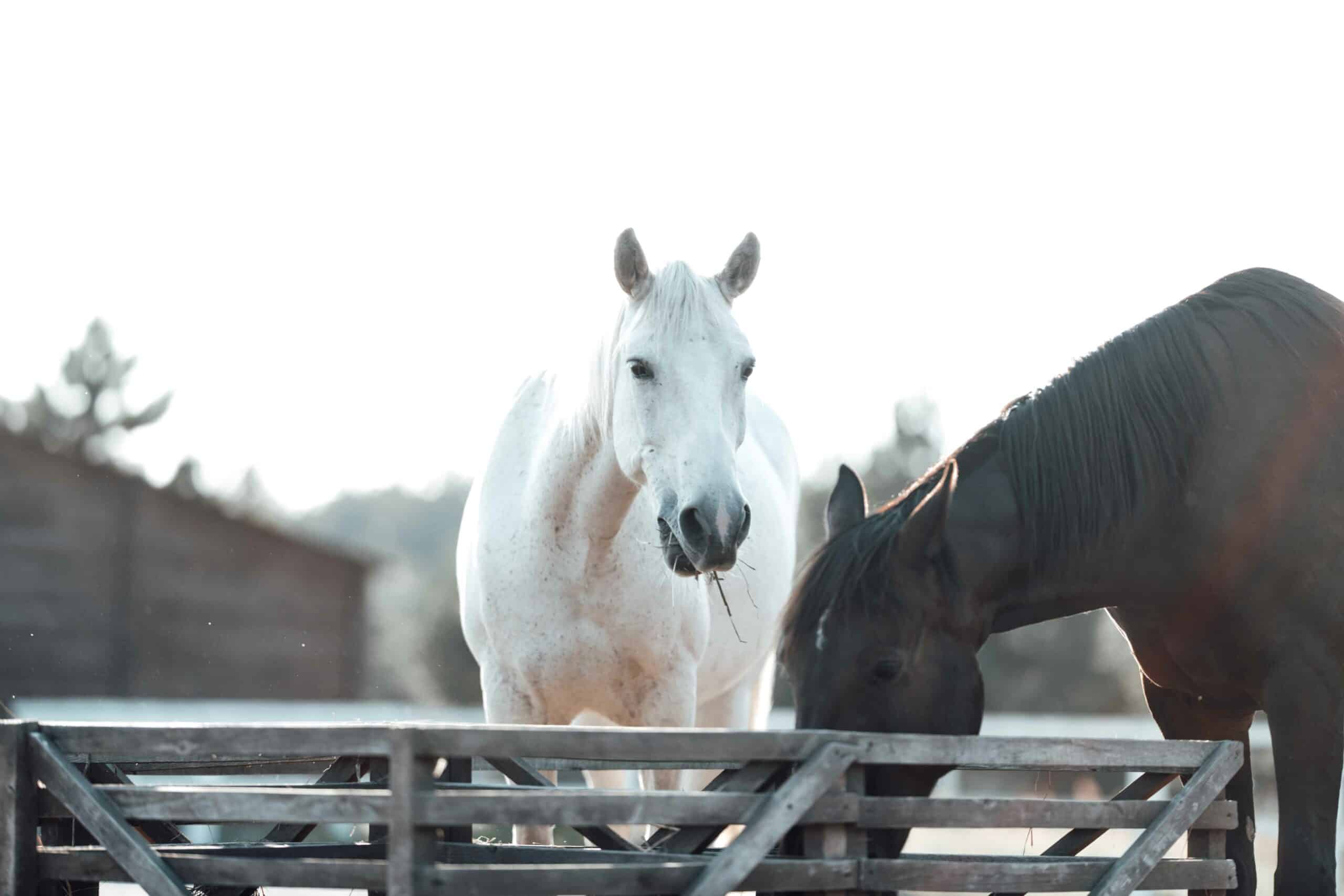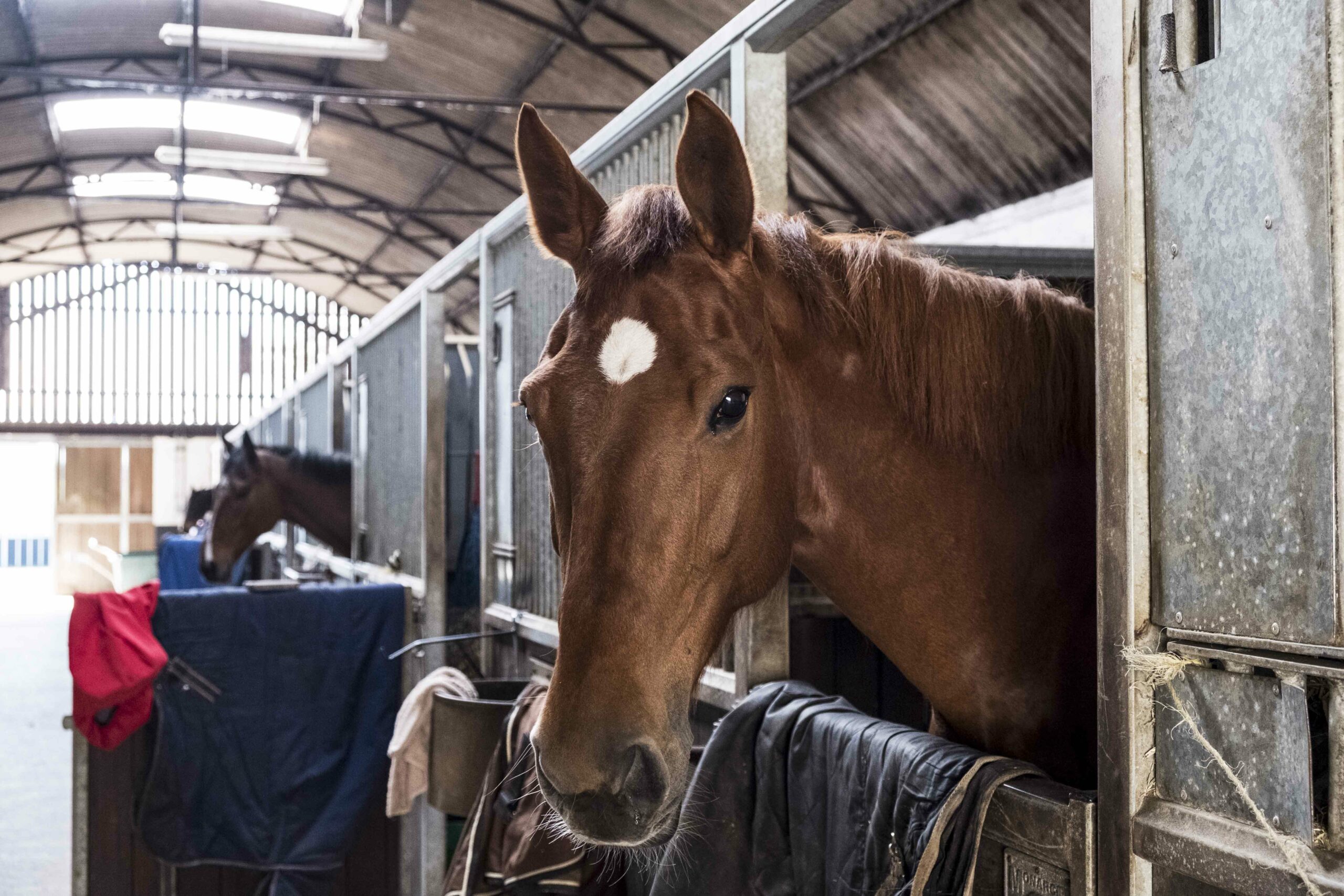Heading to a barrel race, trail ride, or rodeo with your horse is an unforgettable experience—but it also puts their health to the test. Any time horses gather, whether for fun or competition, there’s an increased risk of disease spreading between animals.
Fortunately, vaccines offer a simple and powerful way to protect your horse. Just like human immunizations, horse vaccines train the immune system to recognize and fight dangerous diseases—before your horse is ever exposed. Whether you’re prepping for a local jackpot or hauling to a multi-day clinic, vaccinations can help keep your horse safe, sound, and ready to perform.
In this article, we’ll explore why immunizations matter, which vaccines are recommended for eventing horses, and how you can prepare for travel with confidence.
Why Equine Immunizations Matter
When horses travel or attend public events, they’re exposed to germs they wouldn’t normally encounter at home. Whether it’s nose-to-nose contact, shared water buckets, or communal grooming tools, even a quick weekend show can increase your horse’s risk of illness.
Some of these illnesses—like equine influenza or equine herpesvirus (EHV)—spread through direct contact and can move quickly through a group of horses. Others, such as West Nile virus or Eastern/Western equine encephalomyelitis (EEE/WEE), are transmitted by mosquitoes and can be deadly.
Vaccines work by safely triggering the body’s immune response, so your horse is prepared to fight off specific diseases if they come into contact with them later. The benefits go beyond individual protection: vaccinating also helps reduce the spread of disease at events, boarding barns, and trail rides.
Must-Have Horse Vaccines for Event Season
Your horse’s vaccination plan should be based on both core disease threats and their level of exposure to other horses. The American Association of Equine Practitioners (AAEP) categorizes vaccines as core or risk-based.
Core Vaccines – recommended for all horses, regardless of activity level:
- Tetanus – Horses are highly susceptible to tetanus, a deadly disease caused by bacteria found in soil.
- Rabies – Rare but always fatal. Horses can contract rabies through bites from infected animals.
- EEE/WEE – Mosquito-borne viruses that cause inflammation of the brain and spinal cord.
- West Nile Virus – Also spread by mosquitoes and can cause neurological signs or death.
Risk-Based Vaccines – recommended depending on travel, location, and exposure:
- Equine Influenza – Extremely contagious and common among traveling horses.
- Equine Herpesvirus (EHV-1 and EHV-4) – Causes respiratory illness, abortions in pregnant mares, and in some cases, neurologic disease.
- Strangles – Bacterial infection that causes swollen lymph nodes and can lead to abscesses. Highly contagious.
- Potomac Horse Fever – Found in certain areas near rivers and streams.
Talk to our veterinarian about which vaccines your horse needs. Some may only be required once a year, while others (like flu and EHV) might need boosters every 6 months, especially if your horse travels frequently.
Timing Your Horse’s Vaccinations Before Events
Planning ahead is key. Your horse’s immune system needs time to respond after a vaccine, which means:
👉 Vaccines should be given at least 2–4 weeks before travel or competition.
This allows enough time for the vaccine to build a protective immune response. Boosters are equally important—if a horse’s last vaccination was more than a year ago, their immunity may have waned.
A reliable equine vaccination schedule often looks like this:
- Annually: Core vaccines like rabies, West Nile, tetanus, and EEE/WEE.
- Every 6 months: Risk-based vaccines like flu and EHV for horses that show or travel.
- Seasonally: Depending on the disease and your region (e.g., spring for mosquito-borne illnesses).
Our veterinarian will help you stay on schedule and issue the documentation you may need for travel or entry into events.
Hidden Dangers at Local Events
Even the best-managed shows and rides can expose your horse to illness. And it’s not always about the size of the event—smaller local gatherings can carry just as much risk as large-scale competitions.
Common risk points at horse events include:
- Shared water troughs or buckets
- Nose-to-nose contact between unfamiliar horses
- Grooming tools, halters, or tack that are passed between barns
- Stalls, gates, or trailers used by multiple horses
- Mosquitoes in outdoor or wooded areas
There have been real-world outbreaks of equine herpesvirus and strangles traced back to local events—sometimes forcing entire facilities to quarantine. Vaccination is the most effective way to minimize these risks while allowing your horse to keep doing what they love.
Prepare Like a Pro: What to Bring and Do Before You Travel
To help your horse stay healthy and reduce stress during travel, be sure to prepare the following:
- Vaccination records – Many events require proof of immunization, especially for flu and EHV.
- Negative Coggins test – Required in most states and valid for 12 months.
- Health certificate – Usually needed for crossing state lines; issued by your vet within 30 days of travel.
- Clean water buckets, hay nets, and tack – Avoid sharing items with other riders.
- First aid kit – Always have essentials in case of cuts, swelling, or mild colic signs.
Planning ahead reduces the stress on both you and your horse—and helps you focus on enjoying the ride.
Healthy Horse, Peace of Mind
You work hard to keep your horse in peak condition, and immunizations are one of the most important parts of their health care. Vaccines protect against devastating diseases that can spread rapidly at events—and offer you peace of mind, knowing your horse is safe.
Whether you’re hauling to the next county or heading across state lines, keeping your horse’s vaccines up to date is one of the best ways to ensure a smooth, healthy, and successful experience.
At Rocky Branch Veterinary Services, we’ll help you create a custom vaccination schedule, provide health certificates, and ensure you’re ready for the road. Call us at (715) 629-0129 to schedule your horse’s appointment or learn about the best vaccines for your next event.




